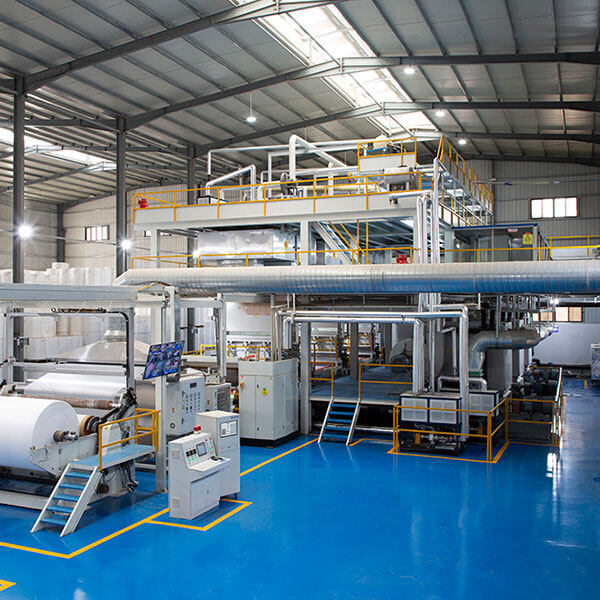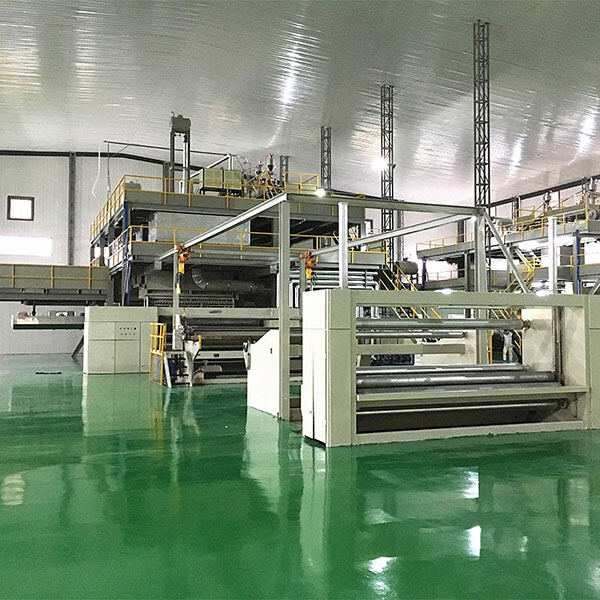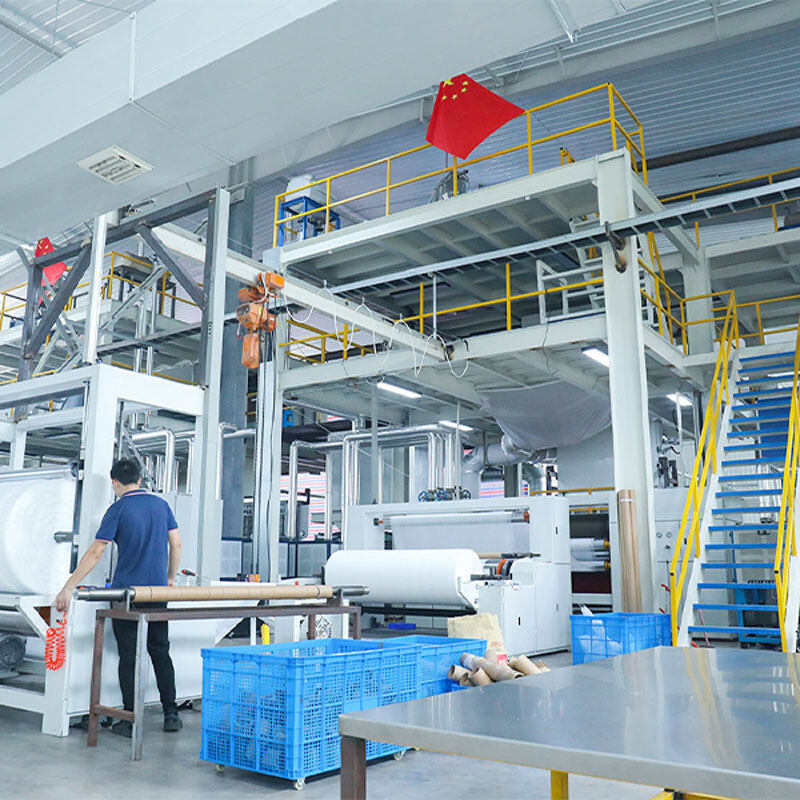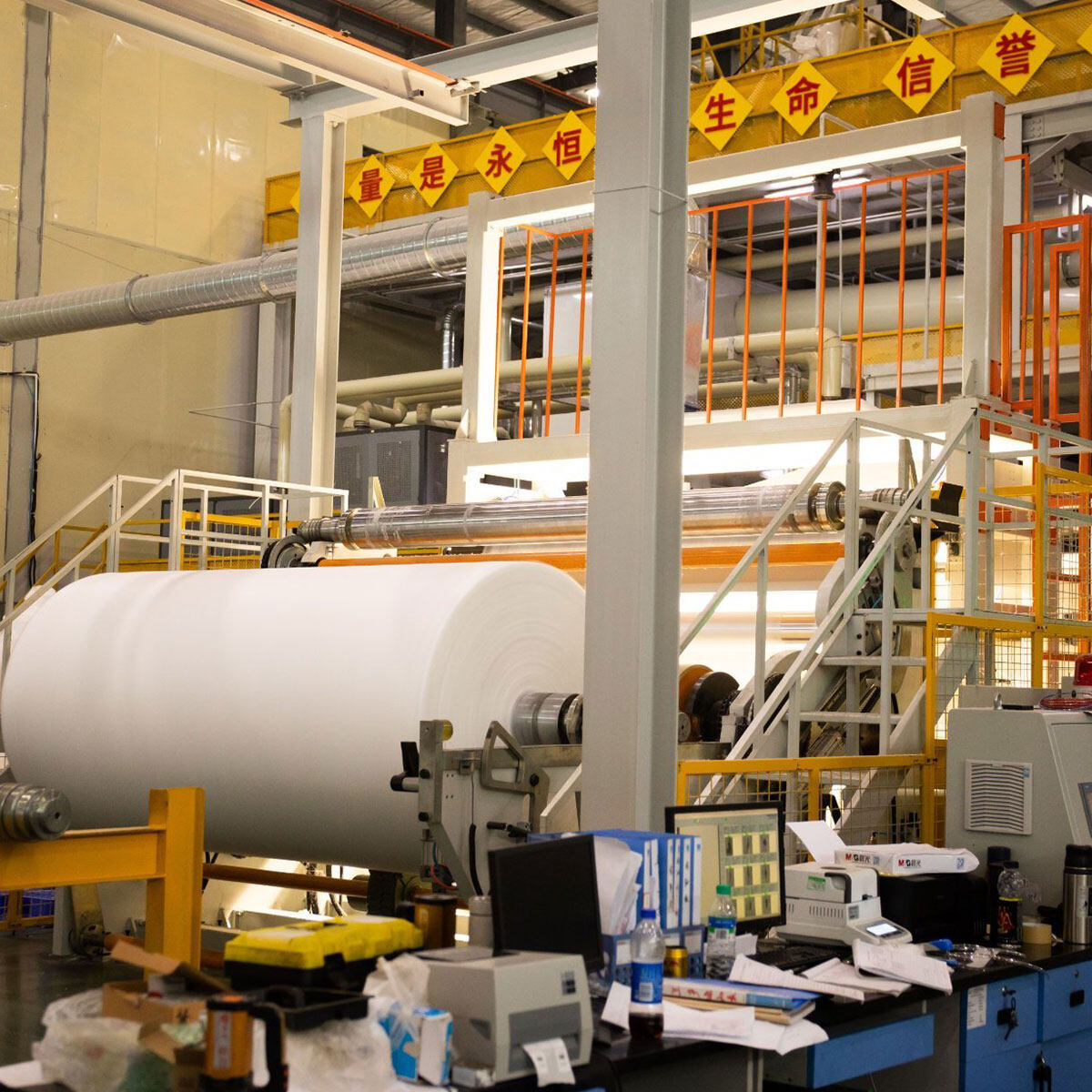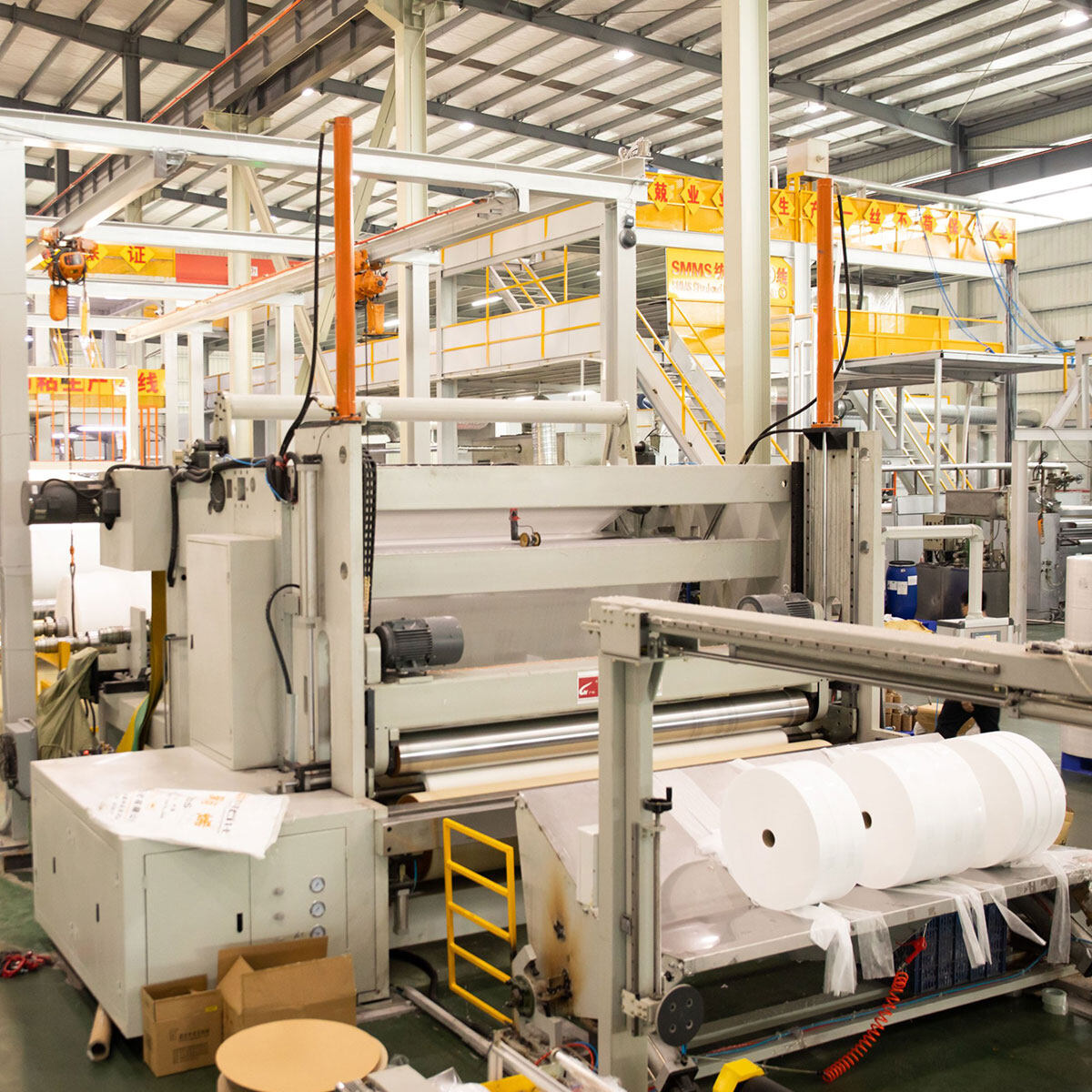Erreur de format d'e-mail
emailCannotEmpty
emailDoesExist
pwdLetterLimtTip
inconsistentPwd
pwdLetterLimtTip
inconsistentPwd
ligne de production de tissus non tissés
Ligne de production de machines non tissées SSS
Safety Measures for Running a Spunbond Non-Woven Production Line: During the production process, the spunbond nonwoven fabric production line must pay close attention to certain operational elements and placement positions. If we utilize the equipment incorrectly, it could result in significant equipment accidents or even machine damage. The production line for spunbond nonwovens has the following operating precautions.
Ligne de production de machines non tissées SS
If the spunbond nonwoven production line is not regularly maintained, the equipment's parts and components could become worn out and the spunbond nonwoven machine could break down. The machine that produces spunbond nonwoven fabric has the unique maintenance procedures listed below.
Ligne de production de machines non tissées S
The production process for spunbond nonwoven has a lot of crucial components. After use, these components must be positioned and then put back, and the instrument must be zeroed. The spun-bond non-woven fabric production line should not have combustible or explosive items stacked around it, and unnecessary knickknacks shouldn't be put on the line's table. The table must be kept spotless, and any rust or oil stains must be removed with a damp cloth.
Ligne de production de machines non tissées SSMMS
The non-woven material is constructed of polyester fibers, which can be knitted into varied thicknesses, textures, and hardnesses. The production of non-woven fabrics has transitioned from manual to mechanical as a result of advances in science and technology. Its appearance has resolved complex issues including processing efficiency that is too slow.
Ligne de production de machines non tissées SMMS
A four-die spin Using four sets of die heads (S/M/M/S), melt nonwoven fabric is a type of composite nonwoven fabric that combines spunbond with melt blown technologies. Spunbonded non-woven fabric (S), melt blown non-woven fabric (M), melt blown non-woven fabric (M), and spunbonded non-woven fabric (S) are the "four die heads" that stand in for these materials, respectively.

